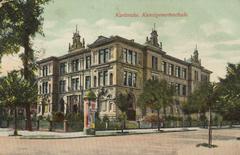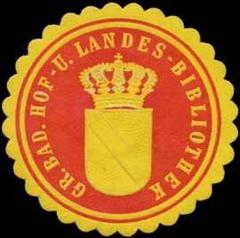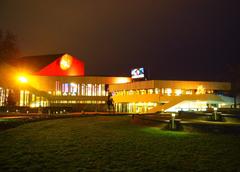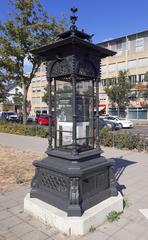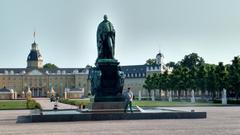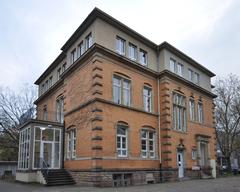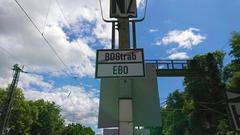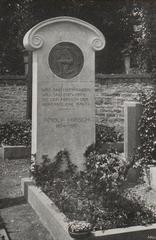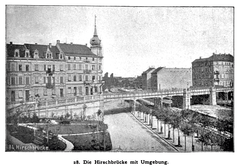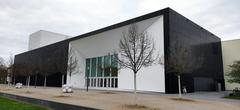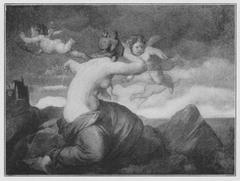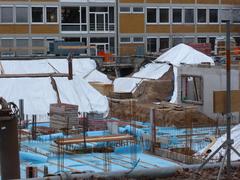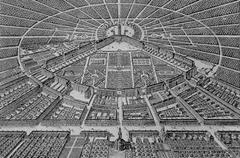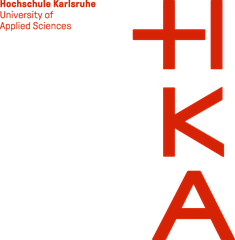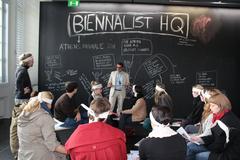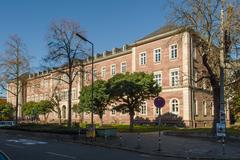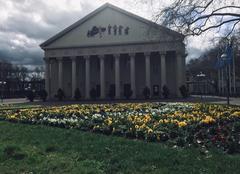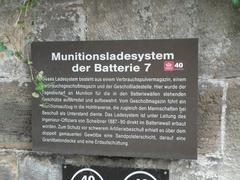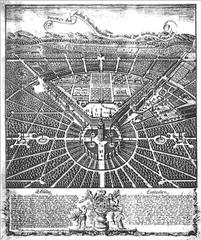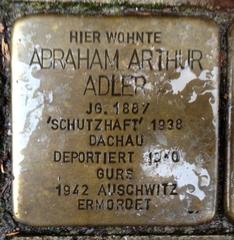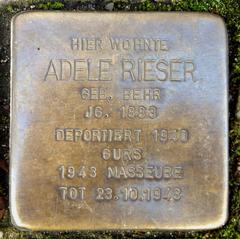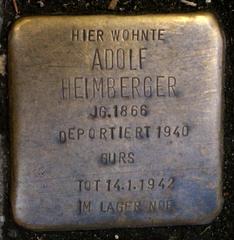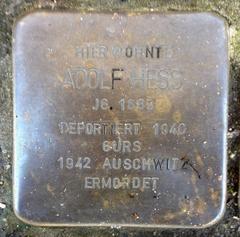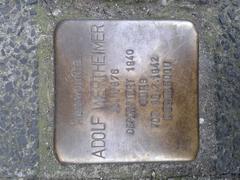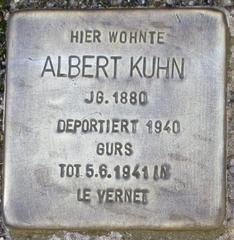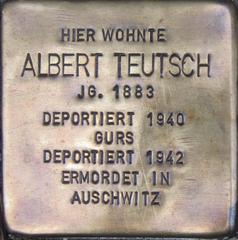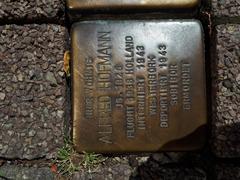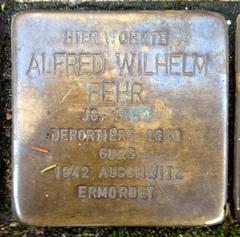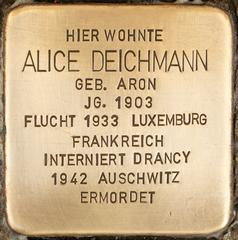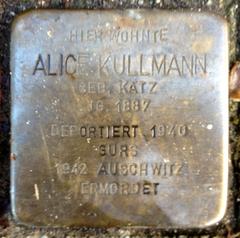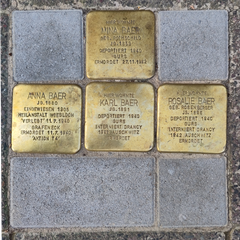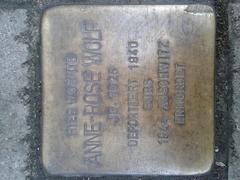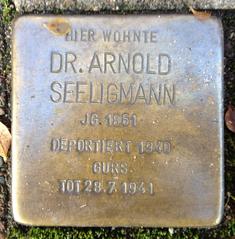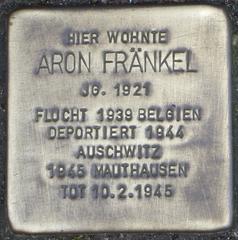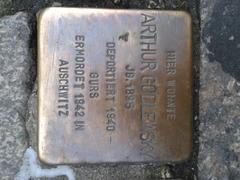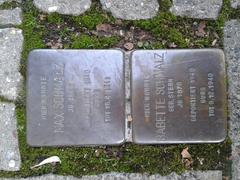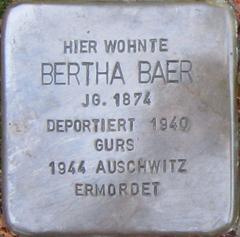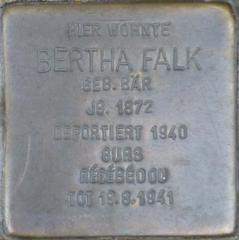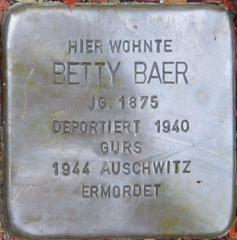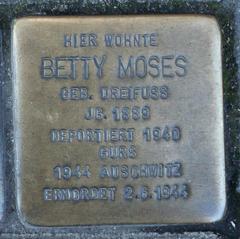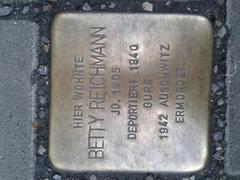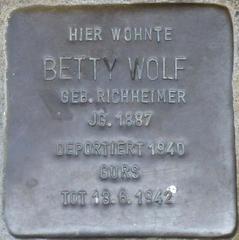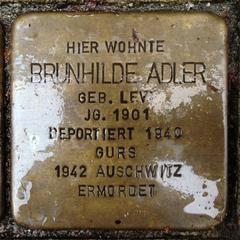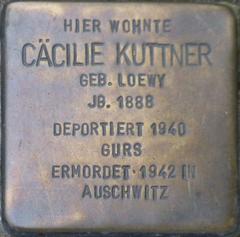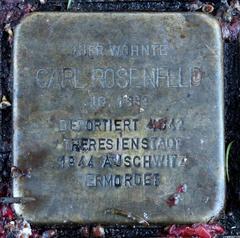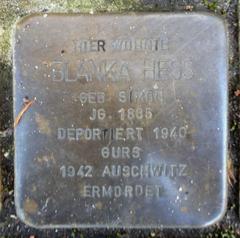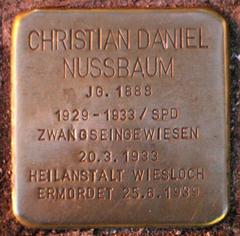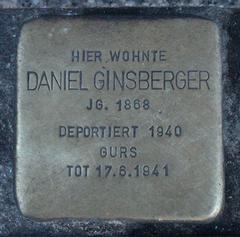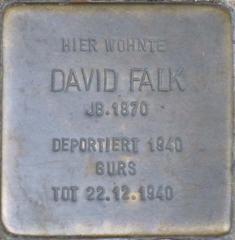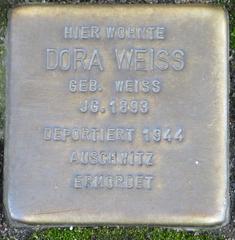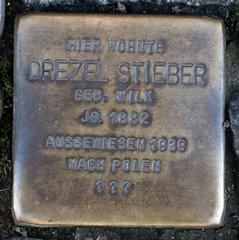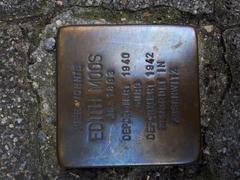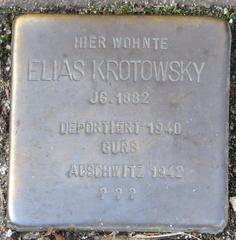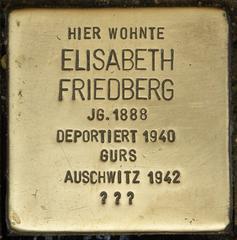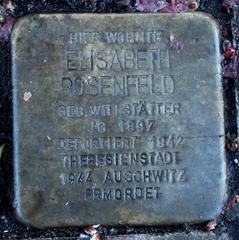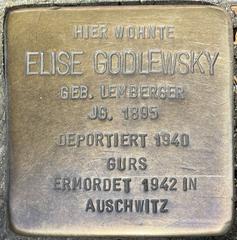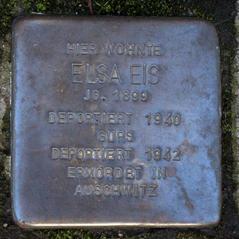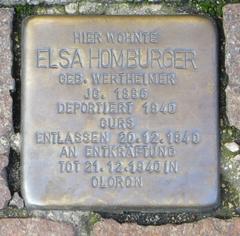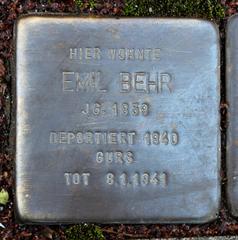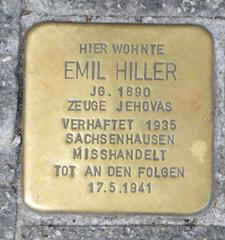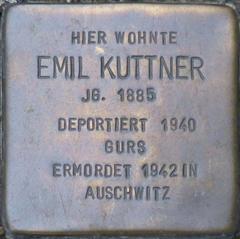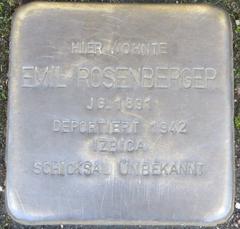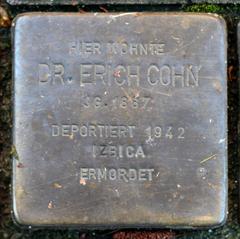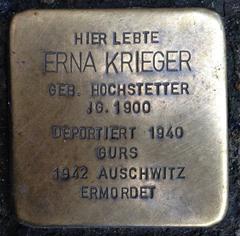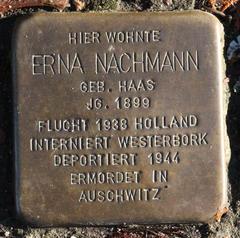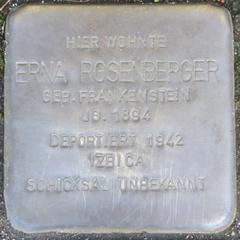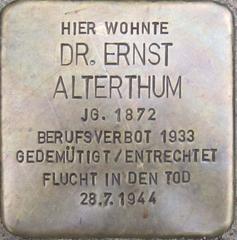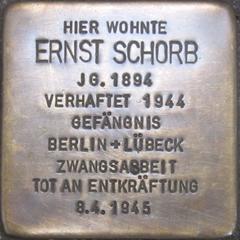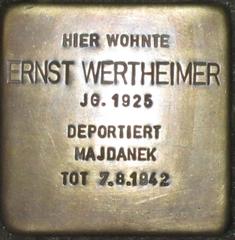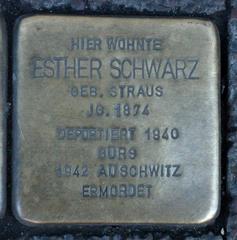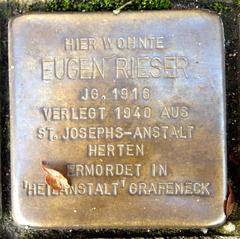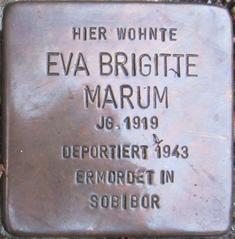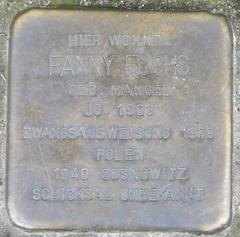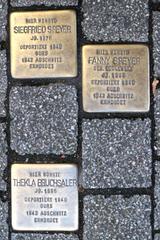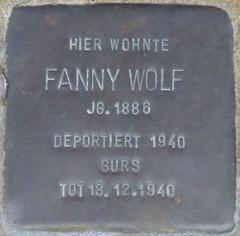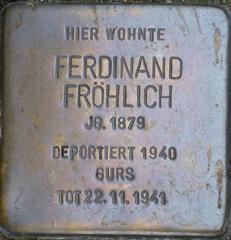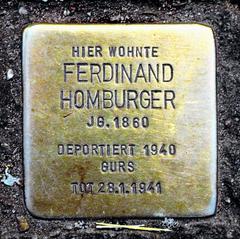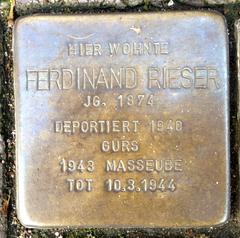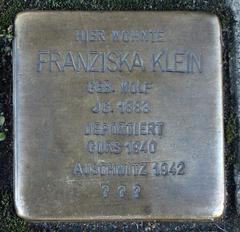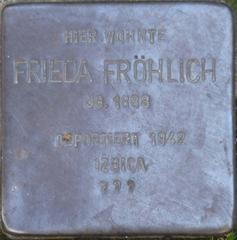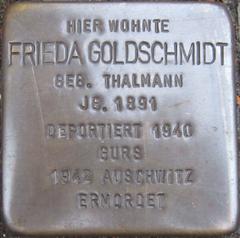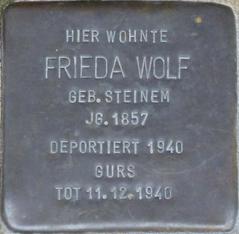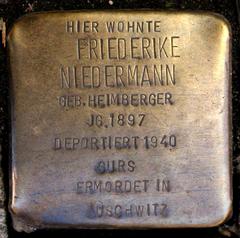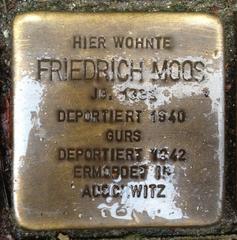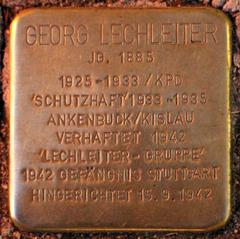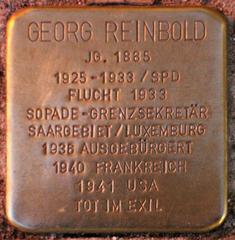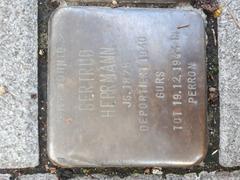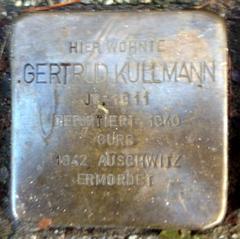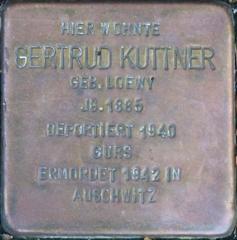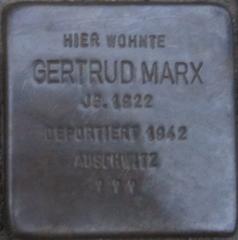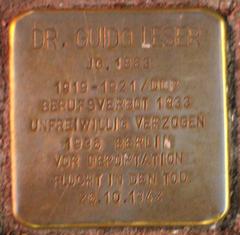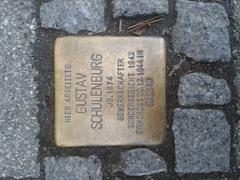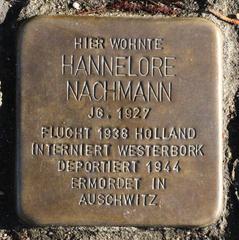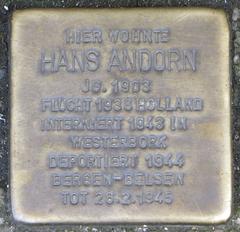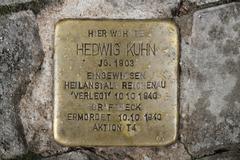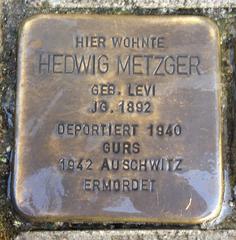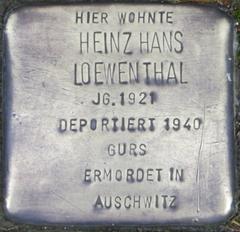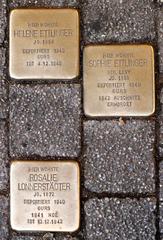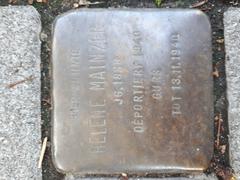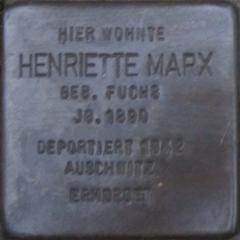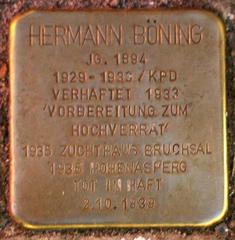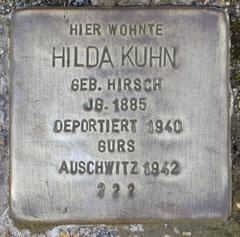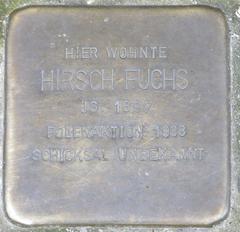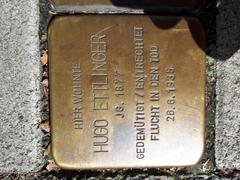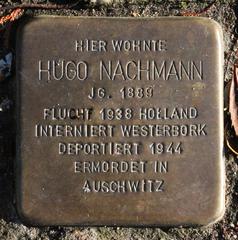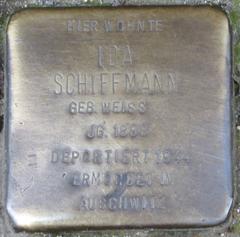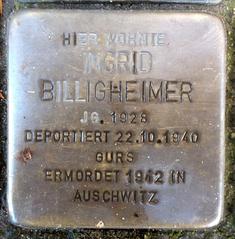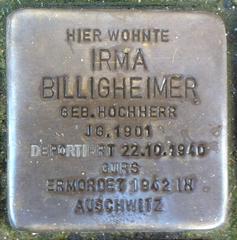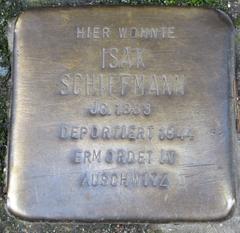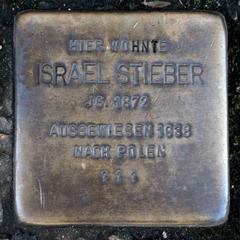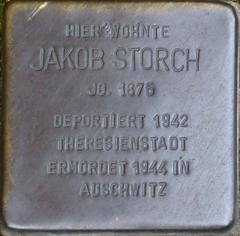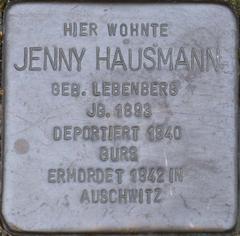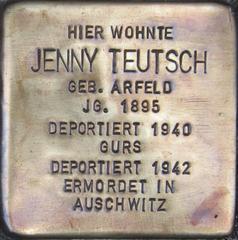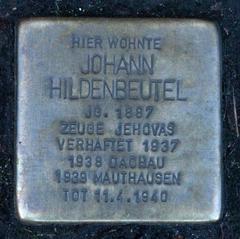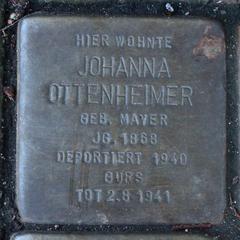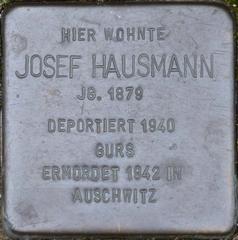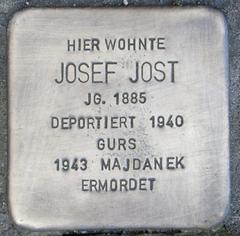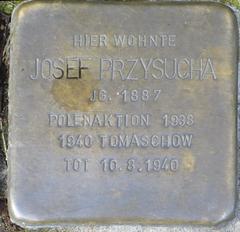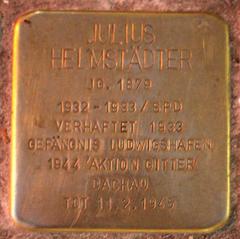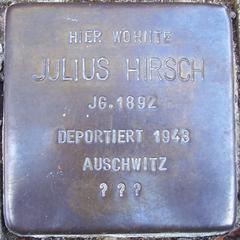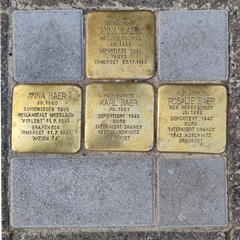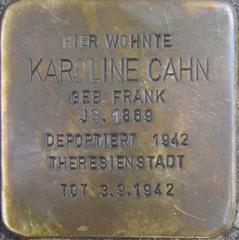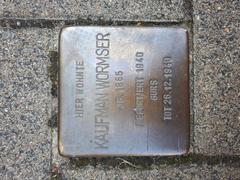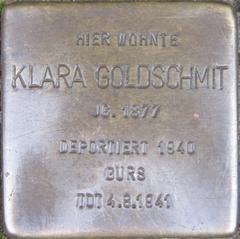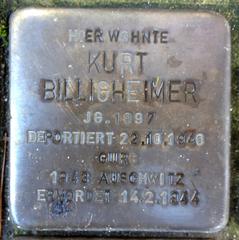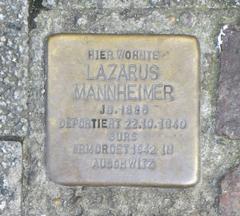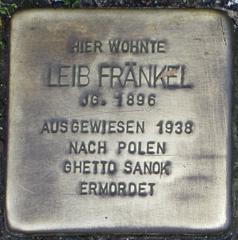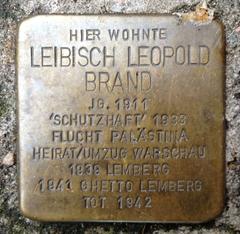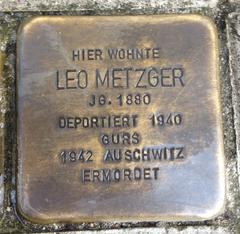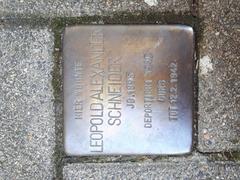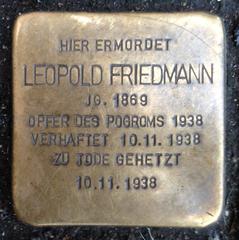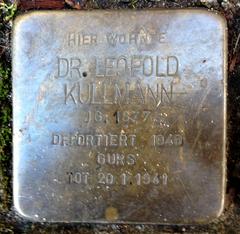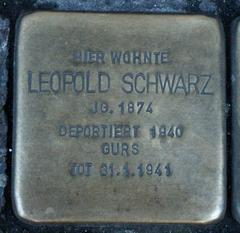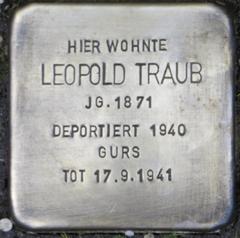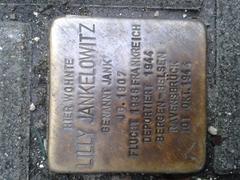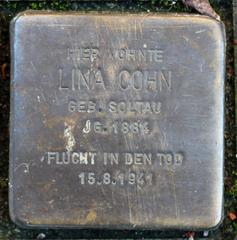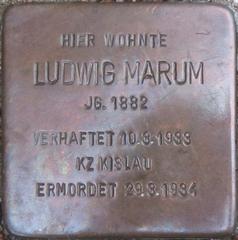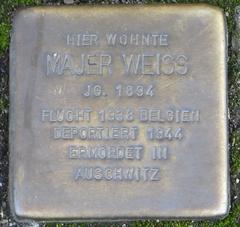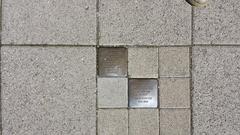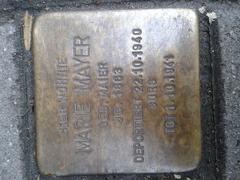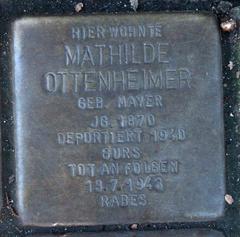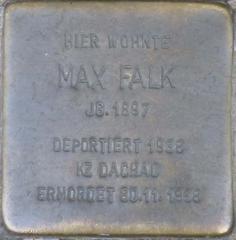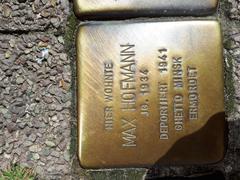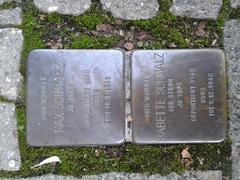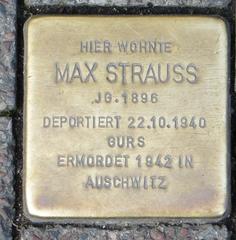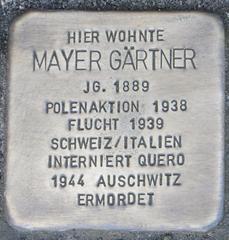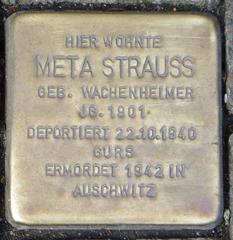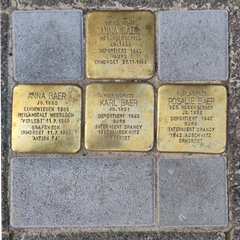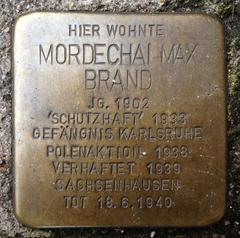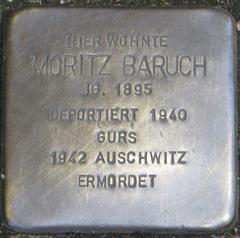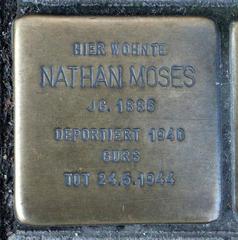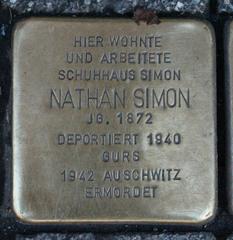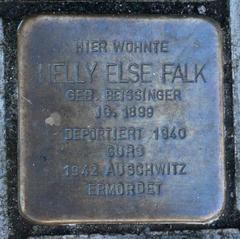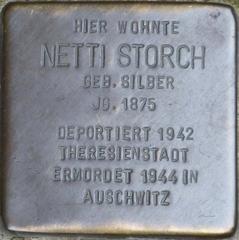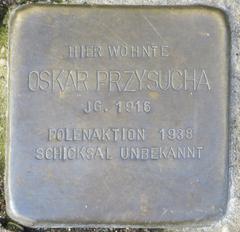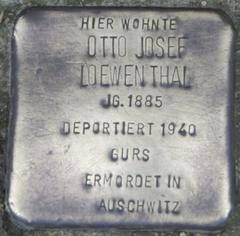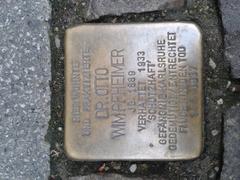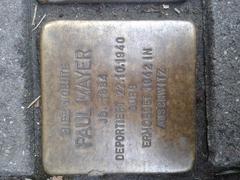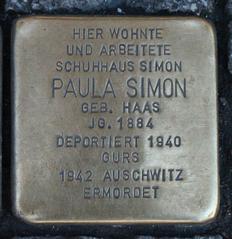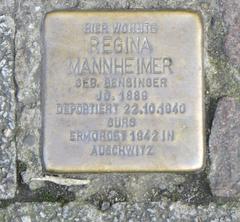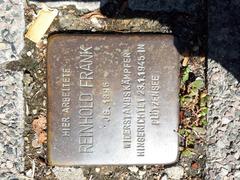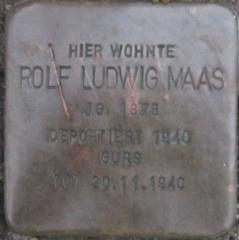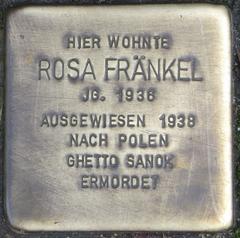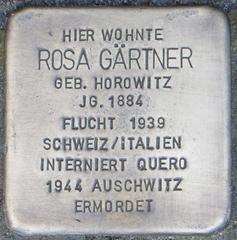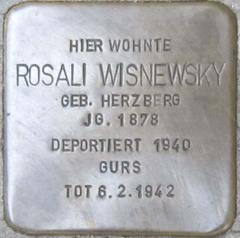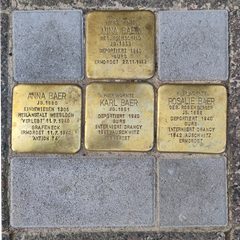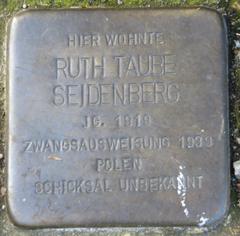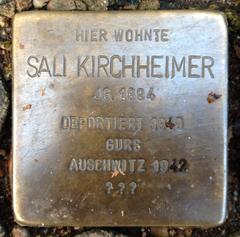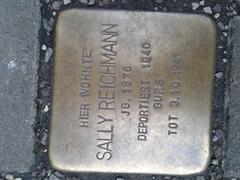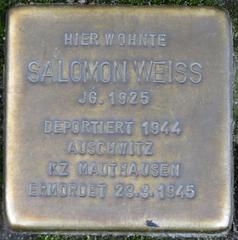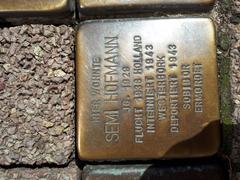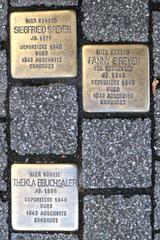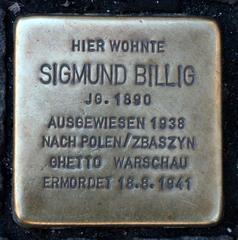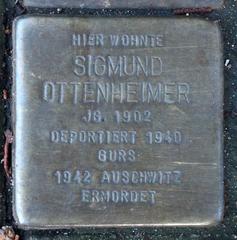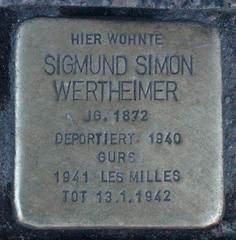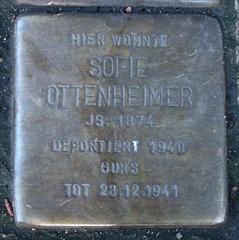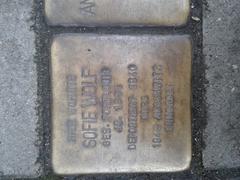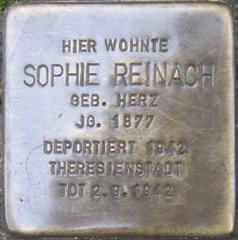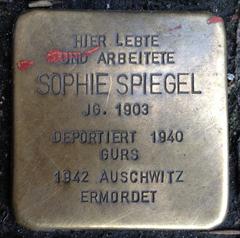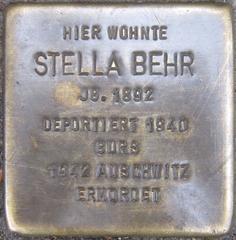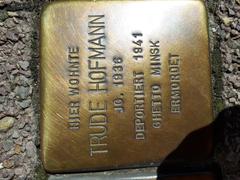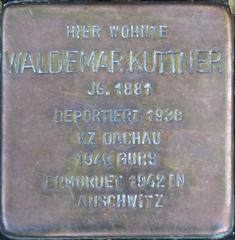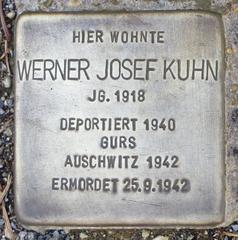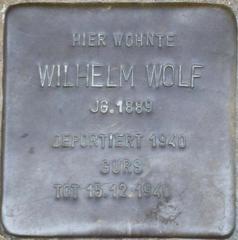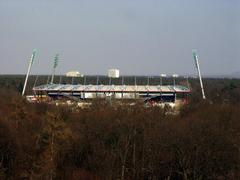Seilerhäuschen Karlsruhe: Visiting Hours, Tickets, and Travel Guide
Date: 14/06/2025
Introduction to Seilerhäuschen Karlsruhe – History and Visitor Overview
The Seilerhäuschen in Karlsruhe is one of the city’s oldest preserved residential buildings and a unique testament to its artisan roots and Baroque urban development. Built circa 1722/23, this timber-framed “Ropemaker’s Cottage” embodies the legacy of craftspeople who shaped Karlsruhe’s formative years. Today, the Seilerhäuschen is not just a historical monument—it serves as the “Kulturküche,” a vibrant socio-cultural center offering community meals, cultural events, workshops, and exhibitions that celebrate local heritage and foster community engagement.
Centrally located on Kaiserstraße 47, the Seilerhäuschen is easily accessible via public transport, with tram stops such as “Marktplatz” and “Durlacher Tor” nearby. Entry to the building is free, though special events or guided tours may require advance booking or a nominal fee. Due to its protected status and historic construction, some accessibility limitations exist, but the site remains welcoming to a diverse audience.
This comprehensive guide will provide you with essential information on visiting hours, ticketing, guided tours, architectural and cultural highlights, accessibility, practical tips, and suggested itineraries to help you make the most of your visit to the Seilerhäuschen. For up-to-date details, consult the Kulturküche Karlsruhe website, the Karlsruhe tourism portal, and the Seilerhäuschen cultural heritage page.
Table of Contents
- Introduction
- Historical Background
- Architectural and Cultural Significance
- Visitor Information
- Community Engagement and Local Significance
- Practical Tips for Visitors
- Nearby Attractions and Suggested Itineraries
- Local Etiquette and Cultural Tips
- FAQ
- Conclusion
- References and Official Links
Historical Background
The Seilerhäuschen was constructed during the early years of Karlsruhe’s development as a planned Baroque city, shortly after its founding in 1715. As a model house for artisans and citizens, it features a classic timber-framed structure and mansard roof, representative of early 18th-century architecture. For over 250 years, it was owned and inhabited by the Schönherr family, who operated their rope-making business here and contributed to the building’s remarkable preservation.
Throughout its long history, the Seilerhäuschen underwent several transformations: a shop was added in the 19th century, and the roof was restored after damage in World War II. Comprehensive renovations in the 1990s safeguarded its historic features, paving the way for its current use as a cultural and community center.
Architectural and Cultural Significance
Origins and Architectural Features
Built in 1723, the Seilerhäuschen stands as a rare example of early 18th-century urban artisan housing in Karlsruhe. The building’s compact structure, timber-framed (Fachwerk) façade, steep mansard roof, and small-paned windows highlight both the architectural style and practical needs of its era.
Key features:
- Original Biedermeier Room: Preserved wooden floors and period details
- Historic Kitchen Tiles: Remnants reflecting its domestic past
- Lead-Framed Window: The city’s oldest, located on the upper floor
- Restored Courtyard Well: Rediscovered during recent renovations
The Seilerhäuschen’s scale and materials set it apart from the grander Baroque and Neoclassical buildings nearby, offering a glimpse into the everyday lives of Karlsruhe’s craftspeople.
Preservation and Restoration
Significant restoration efforts have ensured the building’s survival and maintained its historical integrity. Careful attention to original materials and construction techniques preserves its authentic character, while modern upgrades—such as discreet insulation—enable its continued use as a public venue (Bauforschung Baden-Württemberg). The Seilerhäuschen is now protected under local heritage regulations and is a symbol of sustainable preservation.
Cultural Role
Since December 2019, as the Kulturküche, the Seilerhäuschen has become a hub for community life and cultural exchange. Its programming—ranging from affordable communal lunches to art exhibitions and concerts—reflects Karlsruhe’s commitment to inclusive cultural engagement and adaptive reuse of historic spaces (Kulturküche Karlsruhe).
Visitor Information
Location and Accessibility
- Address: Kaiserstraße 47, 76131 Karlsruhe
- Public Transport: Closest tram stops are “Marktplatz,” “Durlacher Tor,” and “Kronenplatz (Fritz-Erler-Str.)”
- Parking: Available at Kaiserstraße 12 (30 meters away), but public transport is recommended due to limited city center parking (Karlsruhe Guide).
Visiting Hours and Tickets
- General Access: The Seilerhäuschen is open during Kulturküche events, community lunches (typically 12:00–15:00), and special occasions.
- Guided Tours: Offered during anniversaries, festivals, and by arrangement. Tour times are announced online, often at 10:30 and 12:00 during major events (Karlsruhe Kulturdenkmale).
- Tickets: Entry is generally free; some events or workshops may require advance registration or a nominal fee. For group visits, contact Kulturküche Karlsruhe in advance.
Cultural Offerings and Gastronomy
As a lively community venue, the Seilerhäuschen offers:
- Affordable, home-cooked lunches emphasizing regional and seasonal products
- Cultural events: Art exhibitions, poetry readings, concerts, and workshops
- Special celebrations: Anniversaries and collaborations with local artists and institutions (BNN)
Menus often feature vegetarian and vegan options, and the setting is informal and welcoming. Reservations are suggested for groups or special events.
Accessibility and Facilities
- Physical Accessibility: The ground floor and courtyard are more accessible, but the upper floor is only reachable by stairs due to the building’s historic structure. Contact the Kulturküche team for assistance if you have specific mobility needs.
- Amenities: Restrooms are available during opening hours. Wi-Fi is not guaranteed. Limited seating is available. Most information is in German, but some staff can assist in English.
Photography and Visitor Experience
Photography is generally permitted but please request permission during events or when people are present. The building’s timber-framed façade, cozy interiors, and restored details make it a favorite spot for visitors interested in historical and architectural photography.
Community Engagement and Local Significance
The Seilerhäuschen is more than a preserved artifact—it’s a living part of Karlsruhe’s community. Its adaptive reuse as the Kulturküche demonstrates how historic structures can foster contemporary creativity, intercultural dialogue, and civic pride. The venue actively collaborates with schools, artists, and community groups, and serves as a model for sustainable heritage management (Denkmaltag Karlsruhe).
Practical Tips for Visitors
- Check event schedules online before visiting (Kulturküche events)
- Combine your visit with nearby attractions, such as Schloss Karlsruhe, Marktplatz, or the Botanical Garden
- Prepare for German-language events; request English assistance if needed
- Bring cash for meals or donations
- Arrive early for popular events or guided tours
Nearby Attractions and Suggested Itineraries
Enhance your visit by exploring:
- Karlsruhe Palace & Badisches Landesmuseum (The Crazy Tourist)
- Marktplatz and the Pyramide
- Botanical Garden (Culture Tourist)
- Old Cemetery and Durlach District for more local history
Local Etiquette and Cultural Tips
- Be punctual for events and tours (Happy to Wander)
- Maintain quiet respect within the building
- Ask before photographing people or during events
- Basic German phrases or translation apps can be helpful
Frequently Asked Questions (FAQ)
What are Seilerhäuschen’s opening hours?
The house is open during Kulturküche events, community lunches, and special occasions. Hours vary—check the Kulturküche Karlsruhe website for current schedules.
Are tickets required?
Entry is free during public events; some workshops or tours require advance registration or a small fee.
Is it wheelchair accessible?
Accessibility is limited. The ground floor and courtyard are more accessible, but stairs lead to the upper floor. Contact the organizers for details.
Are guided tours available?
Yes, especially during festivals and anniversaries. Visit the events page for schedules.
Where can I park or use public transport?
Parking is available at Kaiserstraße 12; the nearest tram stop is Kronenplatz (Tram 3).
Conclusion
The Seilerhäuschen is a unique blend of historical authenticity and vibrant community life, set in the heart of Karlsruhe. Its well-preserved architecture, engaging cultural events, and central location make it a must-visit for anyone interested in the city’s heritage. Plan your visit by checking current schedules, consider joining a guided tour, and take advantage of the many cultural and culinary offerings nearby.
For up-to-date information, event schedules, and visitor guidance, refer to the Kulturküche Karlsruhe website and the Karlsruhe tourism portal.
Recommended Visuals
- Exterior photo: “Historic timber-framed façade of Seilerhäuschen Karlsruhe”
- Interior views: Period furnishings and cozy dining area
- Event images: Poetry readings, live music, or workshops
- Location map: Showing Kaiserstraße 47 in Karlsruhe
References and Official Links
- Kulturküche Karlsruhe – Über uns
- Karlsruhe tourism portal
- Seilerhäuschen – Kulturdenkmale Karlsruhe
- Bauforschung Baden-Württemberg – Seilerhäuschen
- Denkmaltag Karlsruhe – Alte Seilerei heute Kulturküche
- Karlsruhe Guide
- BNN – Seilerhäuschen 300 Jahre
- Culture Tourist – Karlsruhe Travel Guide
- Happy to Wander – Germany Travel Tips
- The Crazy Tourist – 15 Best Things to Do in Karlsruhe
Plan your visit with the Audiala app for guided tours and local updates. Follow our channels for more on Karlsruhe’s cultural highlights!
